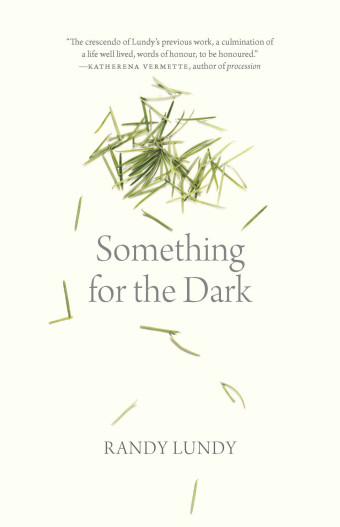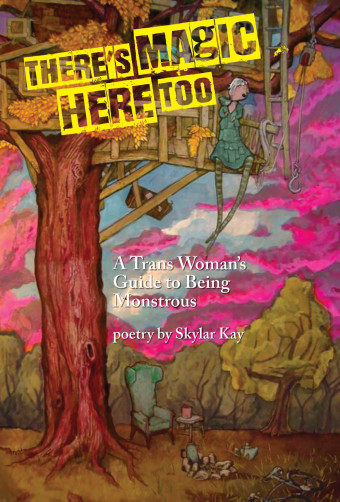For Chimwemwe Undi, author of the debut poetry collection Scientific Marvel, creating poetry has everything to do with love. “I write poetry because I love words. I love language,” she says. She relishes the opportunity for play and the chance for words to mean more together than they might mean alone.

- Scientific Marvel
- Chimwemwe Undi
- House of Anansi Press Inc
- $19.99 Paperback, 96 pages
- ISBN: 978-14-87012-25-0
This ideal of togetherness runs through the collection and her work as Winnipeg Poet Laureate. “I want to make more things that I love exist in the world,” Undi says.
In the collection, Undi plays with a variety of forms, including list and erasure poetry, to both serious and humorous effect. Undi explains the appeal of formal poetry: “It’s giving me a constraint to buck against: a playground that I can play inside of, and push against the limits of.”
Constraints also reveal new ways to use language, to refresh one’s own sensibilities: a simultaneously “safer and more challenging” task than free verse poetry.
The erasure poems in the book all use as source texts Supreme Court of Canada cases and decisions involving Black people. Undi, a practising lawyer, highlights silences – silences about Blackness – using erasure.
“If you go back to the actual cases, the fact of those individuals being Black and the effect that their Blackness has on their experience in the world and in the law is not really spoken to,” she says. In these poems, she redacts text “as a way of revealing what is redacted from the law.”
The poems of Scientific Marvel are also grounded in place, with the title of the book coming from a beauty school in downtown Winnipeg, and a series of Winnipeg Poems interspersed throughout. The first of these is laugh-out-loud funny, listing what Undi describes as “all these signifiers that are put into things about Winnipeg to indicate to Winnipeggers [that] this is about Winnipeg.”
Undi’s relationship to the Prairies is one of return: after she was born in Winnipeg, her family moved back to southern Africa, returning to Manitoba when she was 13, a “rough age to immigrate,” but in some ways an optimal age to start becoming a poet.

“My understanding of myself and my understanding of this place have always developed alongside one another,” she says. “And I think as I’ve come to love myself more, I’ve also come to love the Prairies more.”
This love is complicated, though, as Undi doesn’t always feel like her experience as a Black person on the Prairies is recognized.
In addition to political and critical pieces, Undi includes straight-up love poems, most notably “Auto-Epithalamium.”
“I love love,” she says. She describes romantic love and commitment as a common magic, a casual miracle, the ordinariness of which she finds incredibly moving and beautiful. She found it to be an interesting poetic challenge to write about something so often written about by others.
Love, which undergirds the entire collection, is the deep and dedicated commitment to one another, whether to a spouse or to a friend, to a city or to a community. For Undi, it is a promise: “Let’s both keep changing for the rest of our lives. But also choose one another over and over again.”













